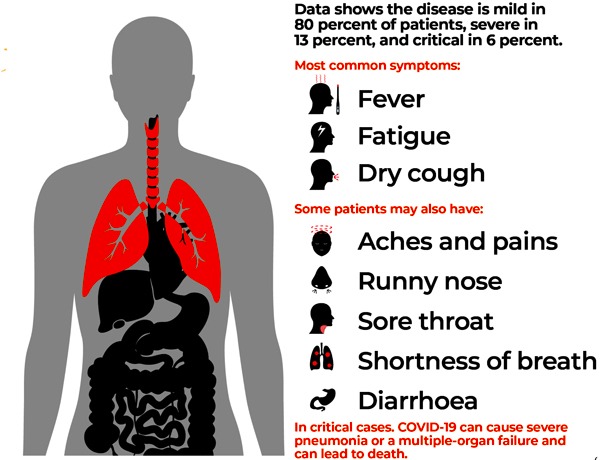
HEALTH inequality was a major concern of 20th century social democrats in countries ranging from Britain to Sweden.
Conversation
During the current coronavirus crisis, it has once again become one of the most crucial issues that social democrats need to address.
Coronavirus itself does not discriminate in terms of class. Indeed, those with the financial means to travel have often been among the first victims. More men than women appear to be dying of it.
Nonetheless, what a difference your position in the social hierarchy can make.
Access to excellent and affordable health care obviously remains a key issue, even allowing for the fact the wealthy may also fail to have access to ventilators in the current crisis. Years of neoliberal cutbacks have undermined the formerly good public health systems that social democrats established from the 1940s.
Significantly, the struggling Italian healthcare system has suffered from privatisation and substantial budget cuts.
Years of wage stagnation and the growth of precarious work have also resulted in rising economic inequality.
- Chamisa under fire over US$120K donation
- Mavhunga puts DeMbare into Chibuku quarterfinals
- Pension funds bet on Cabora Bassa oilfields
- Councils defy govt fire tender directive
Keep Reading
This has made it impossible for many workers to build up a financial buffer for hard times and seriously limited their ability to stock up with food and medicines.
Some poorly paid workers cannot afford not to turn up to work even when they have possible symptoms. Others are continuing to work in jobs that put them at risk.
The economically vulnerable are also less likely to be able to afford the technology to enable people to work from home or help children study while schools are closed. Similarly, it is harder for them to buy in food or other services.
Women may have a lower mortality rate than men, but have often been in a weaker financial position due to wage disparities and precarious and part-time work. In many countries, these factors can also reduce the payments women are entitled to if they become unemployed due to the pandemic.
At the same time, women’s (gendered) carer responsibilities will have massively increased. Many are working in industries, such as aged care or health care, with an increased exposure risk. Some are now restricted to home with abusive partners.
Consequently, health professionals have emphasised the importance of having a gendered analysis of the impacts of the pandemic.
Bizarrely, conspiracy theories are now appearing suggesting the coronavirus is divine punishment for increased gender and same-sex equality. It is apparently all the fault of “gender theory”.
The list of COVID-19 scapegoats is a long one. Various racial and ethnic groups were among the first to experience virus-related discrimination.
Many racial and ethnic groups are also often in an economically vulnerable position, which then exacerbates their existing problems during a pandemic. Remote Indigenous communities are particularly at risk.











